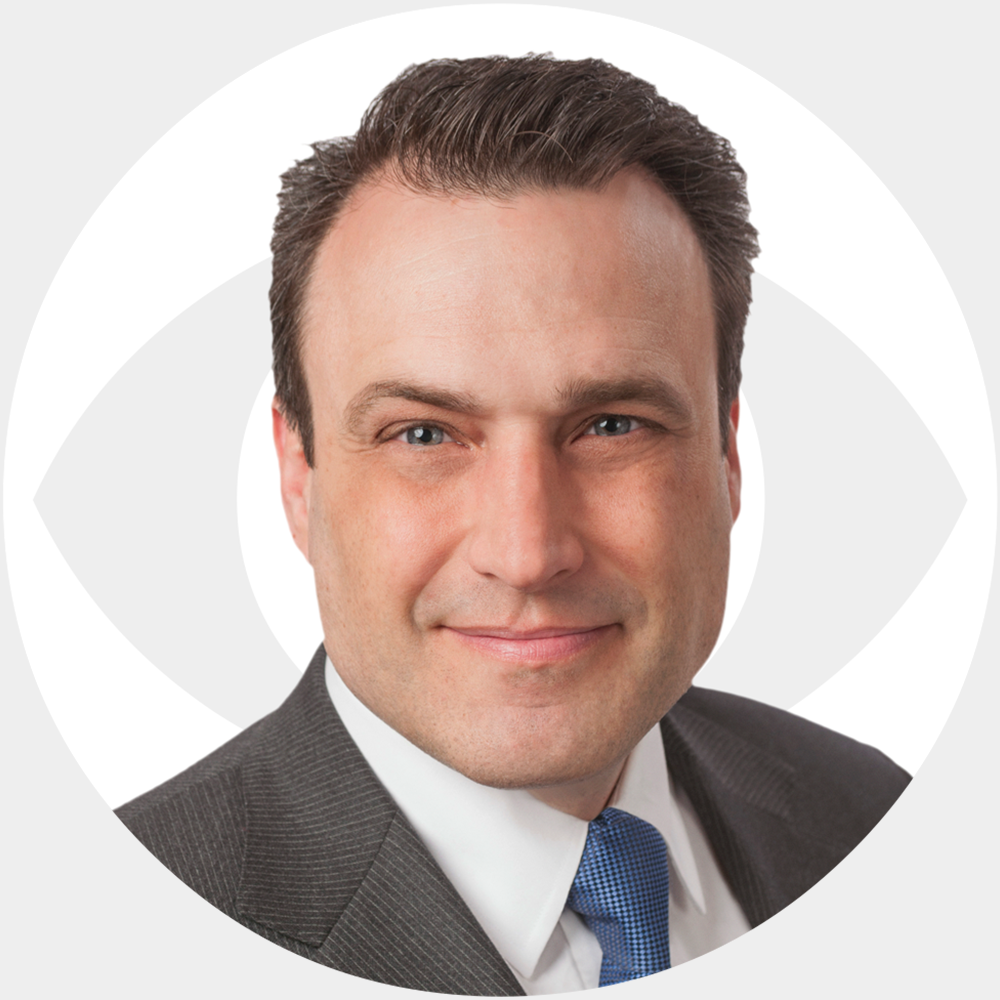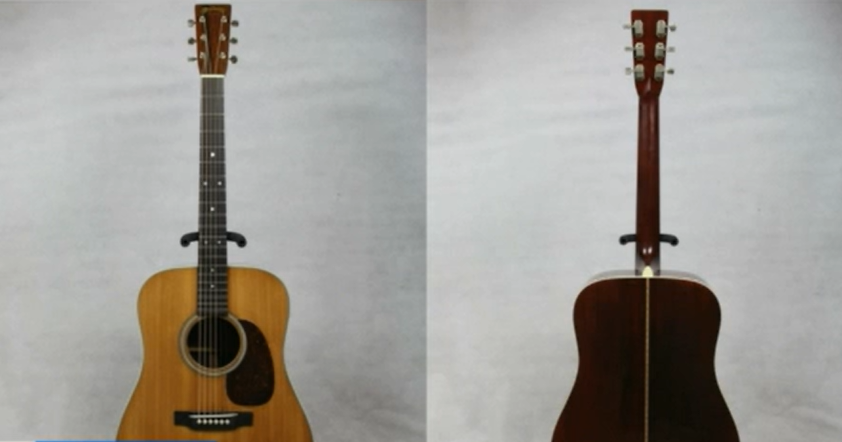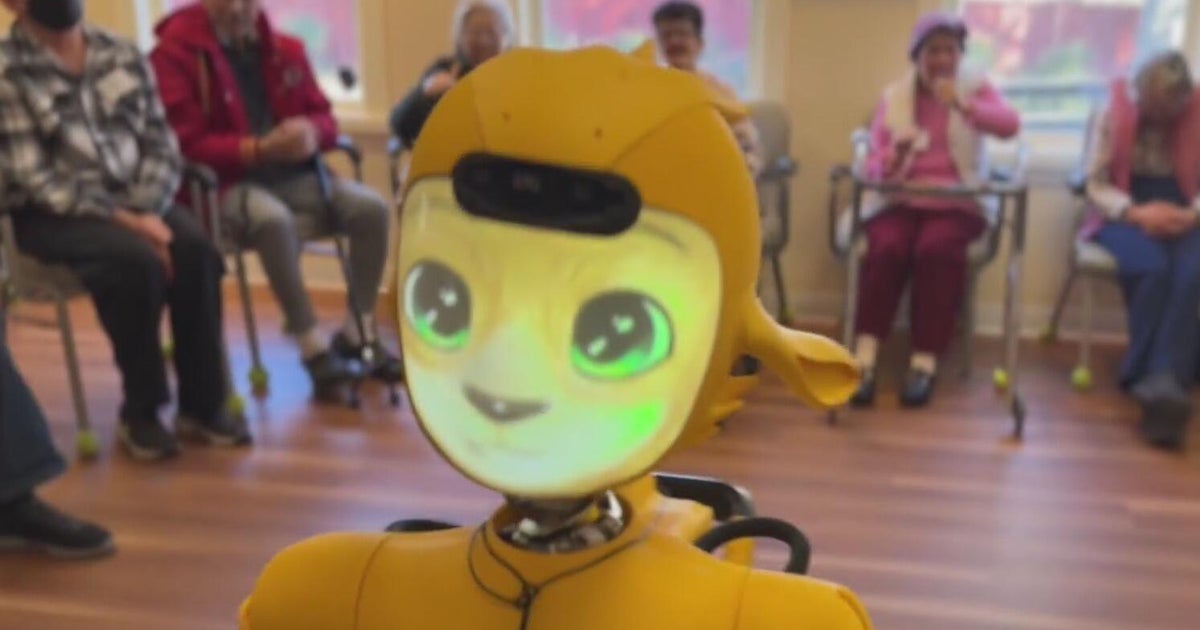Brooklyn music therapist helps dementia patients bridge the past to the present
NEW YORK -- More than 6 million Americans are living with dementia, and while there is no cure, patients can be helped by music.
In this Snapshot New York, Steve Overmyer learns how melodies help bridge the past to the present.
In a place where the days unfold with a predictable rhythm, a symphony of kindness is being composed.
Rafe Stepto is a credentialed music therapist in the music therapy department at the Brooklyn Conservatory of Music.
In the hallways of the memory care unit of the Watermark Senior Living Home, filled with a lifetime of stories, Stepto has brought a revolution -- not with grand gestures, but with the gentle strum of a guitar.
"We happen to have a kind of maximum recall for songs. For example, from when we were 13 to 21 or so, sometimes people call it the reminiscence bump. And so we leverage that quirk to get people's best-remembered songs out so that they can be in the lucidity of those intact memories even in the midst of advanced dementia," Stepto said.
Dementia attacks a particular part of our memory dealing with people, places and things. It doesn't attack procedural memory, the act of doing things, which is why you can see those in memory care join in harmony and come alive.
"Music and memory -- it's a powerful, powerful engine," Stepto said.
Music is more than entertainment. It can be a beacon that guides them back to a moment of clarity, the joy of youth or the warmth of love. In these moments, the true power of music therapy reveals itself. It's the key to unlocking buried memories.
"Their memory of listening to a song, dancing to a song, courting to songs, socializing to a song -- all of that is in the procedural memory, which remains intact longer into advanced dementia," Stepto said.
The truth is we've all been touched by the transformative power of music. We do it almost every day.
After the class, Stepto has a private moment with a resident who struggles to find his voice, but music unlocks that door. Time stands still as they hold each other's gaze, reaching out across the divide of forgetfulness and forging a bridge of validation.
"The moment between two people ... There's nothing more important," Stepto said.
Together, they're rewriting the narrative of dementia -- not as a journey into silence but a celebration, where every day brings the promise of a new song, a new memory, a new connection.
We all use music to help alter our mood, but music therapists are using this clinically and intentionally, they say with reliable results.








